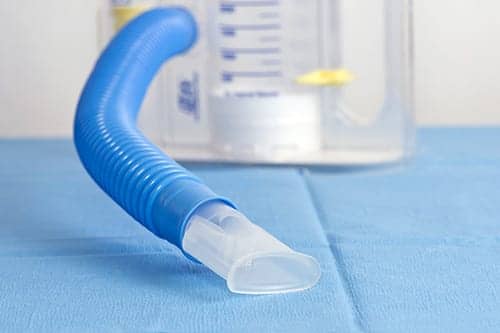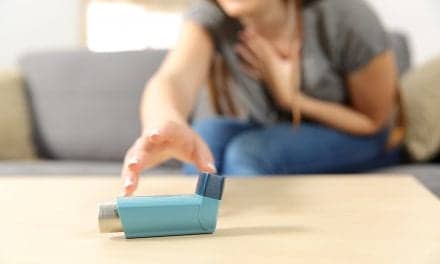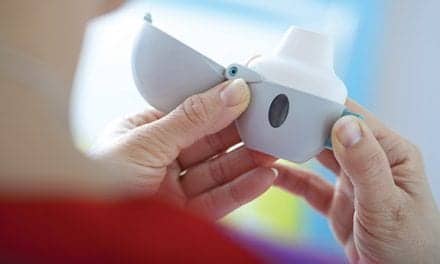A new clinical report published online by the American Academy of Pediatrics provides information and applications of asthma assessment tools in order to help clinicians integrate standardized measures for pediatric asthma control.
Suggested measures that can be used in routine ambulatory monitoring of asthma control in clinical practice include: detailed history-taking with a complete environmental and social history; use of validated asthma composite scores; and pre-bronchodilator and post-bronchodilator spirometry at the initial consultation. Clinicians should offer asthma education and training regarding home management using symptom-based or objective action strategies.
At subsequent visits, monitoring of symptom scores, FEV1 and FeNO (if performed and found elevated at initial visit) may be done. Education regarding asthma triggers, review of inhaler techniques, assessment and reinforcement of adherence, and treatment of comorbidities can be provided. The need for assessment by a pediatric allergist or pulmonologist can be considered when faced with challenges in attaining optimal asthma control.










